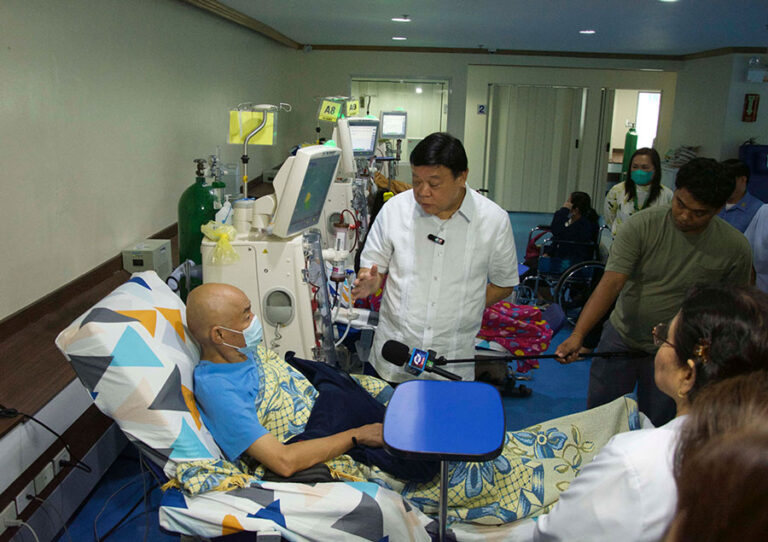Very little progress has been made in reducing levels of inactivity worldwide, experts have warned.
A WHO report estimates that more than a quarter of people worldwide – 1.4 billion – are not doing enough physical exercise, a figure that has barely improved since 2001.
Inactivity raises the risk of a raft of health problems, such as heart disease, type-2 diabetes and some cancers.
High-income countries, including the UK, were among the least active.
And women were found to be more sedentary throughout the world, with the exception of two regions of Asia.
Researchers from the World Health Organization (WHO) looked at self-reported data on activity from 358 population-based surveys in 168 countries, including 1.9 million people, for their study in The Lancet Global Health.
They found in high-income countries, which include the UK and the USA, the proportion of inactive people had risen from 32% in 2001 to 37% in 2016, while in low-income countries it had remained stable at 16%.
Those who were classed as inactive did less than 150 minutes of moderate exercise – or 75 minutes at a vigorous intensity – a week.
Countries driving the upwards trend included Germany, New Zealand and the US.
Women were less active than men in all but East and South-East Asia, with the biggest differences being in South Asia, Central Asia, the Middle East, north Africa and high-income Western countries.
The authors said this was likely to have been caused by a combination of factors, including extra childcare duties and cultural attitudes that made it harder for them to exercise.
Women were less active than men in all but East and South-East Asia, with the biggest differences being in South Asia, Central Asia, the Middle East, north Africa and high-income Western countries.
The authors said this was likely to have been caused by a combination of factors, including extra childcare duties and cultural attitudes that made it harder for them to exercise.
The report’s authors warned that as things stood the WHO’s 2025 target of reducing global inactivity by 10% would be missed.
Dr Regina Guthold, lead author of the study from the WHO, said: “Unlike other major global health risks, levels of insufficient physical activity are not falling worldwide, on average, and over a quarter of all adults are not reaching the recommended levels of physical activity for good health.
“Regions with increasing levels of insufficient physical activity are a major concern for public health and the prevention and control of non-communicable diseases.”
Co-author Dr Fiona Bull, also from the WHO, said: “Addressing these inequalities in physical activity levels between men and women will be critical to achieving global activity targets and will require interventions to promote and improve women’s access to opportunities that are safe, affordable and culturally acceptable.”
Experts called on governments to provide and maintain infrastructure that promoted sports and increased walking and cycling for transport.
Dr Melody Ding, from the University of Sydney, who was not involved in the study, said that while economic development led to lifestyle changes that increased sedentary behaviour, governments could do more to help people be more active, such as improving public transport and making it easier to walk and cycle.
Dr Mike Brannan, national lead for physical activity at Public Health England, said: “These figures highlight the global issue of inactivity and the UK is no exception.
“We need action to reverse decades of decline in the nations level of physical activity.
“With our partners, we’re working to get the nation moving more through supporting social and physical environments that foster healthier, active lifestyles and through our physical activity work.”(
Link: https://www.bbc.com/news/health-45408017



